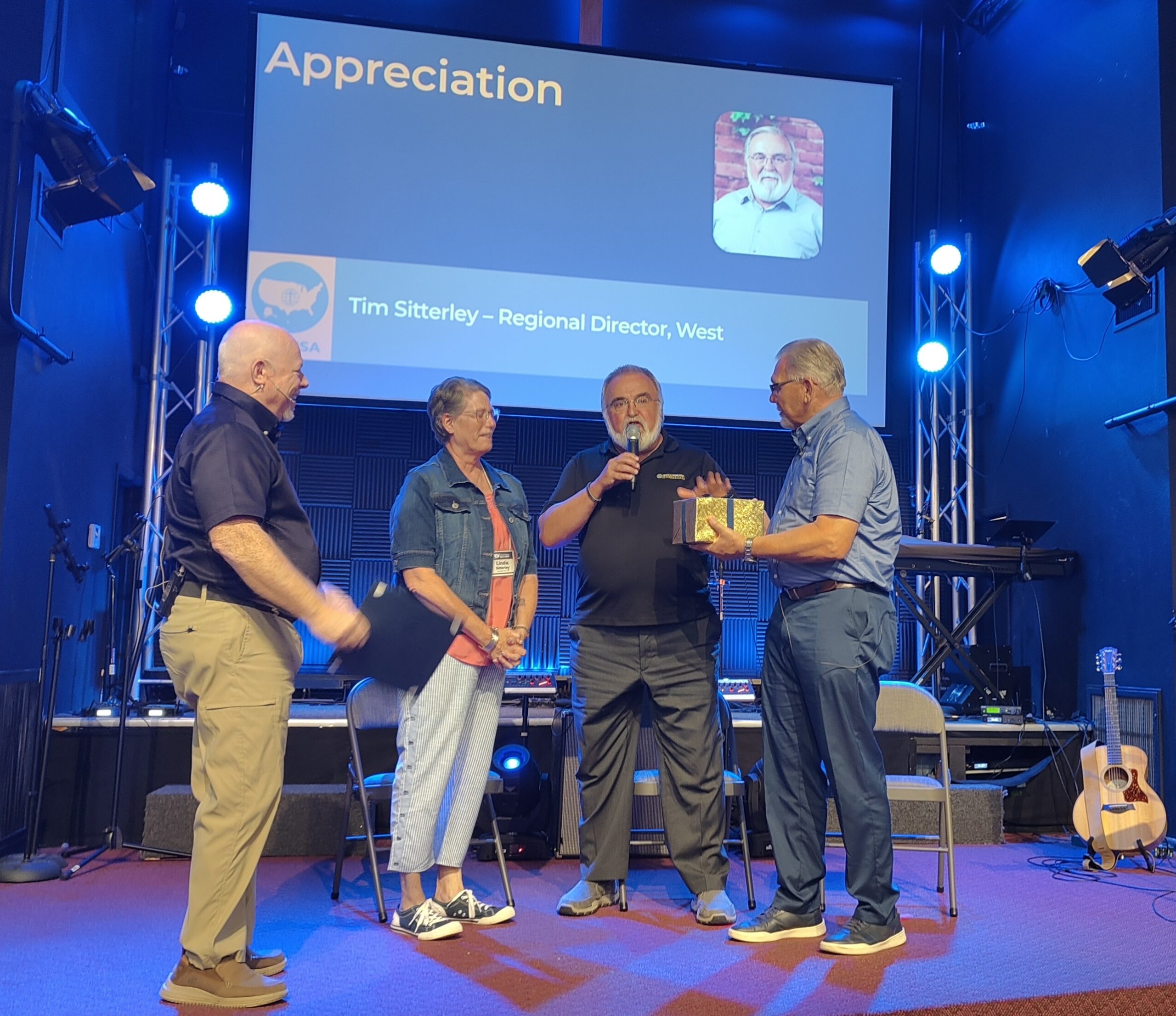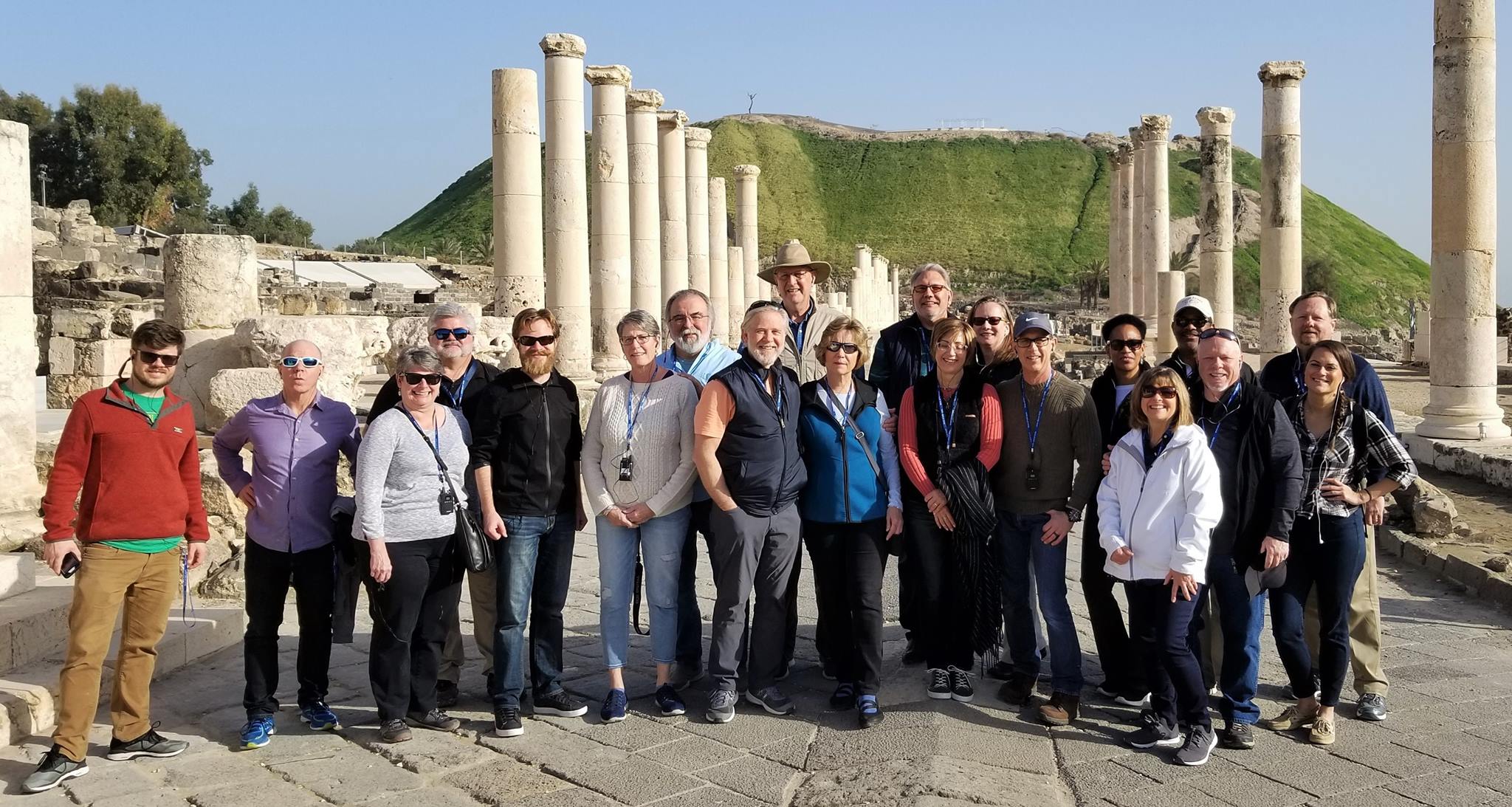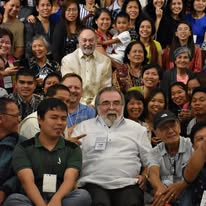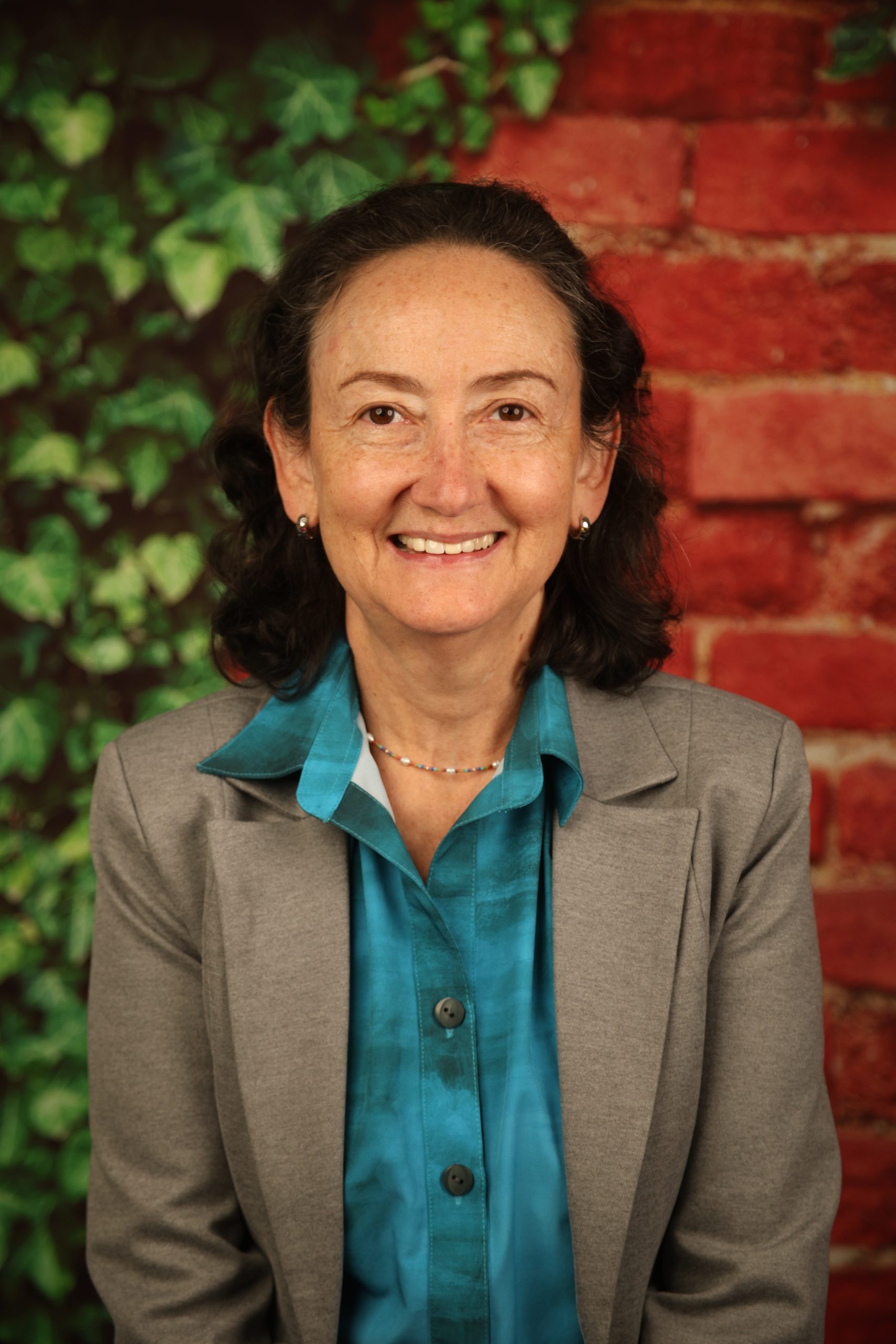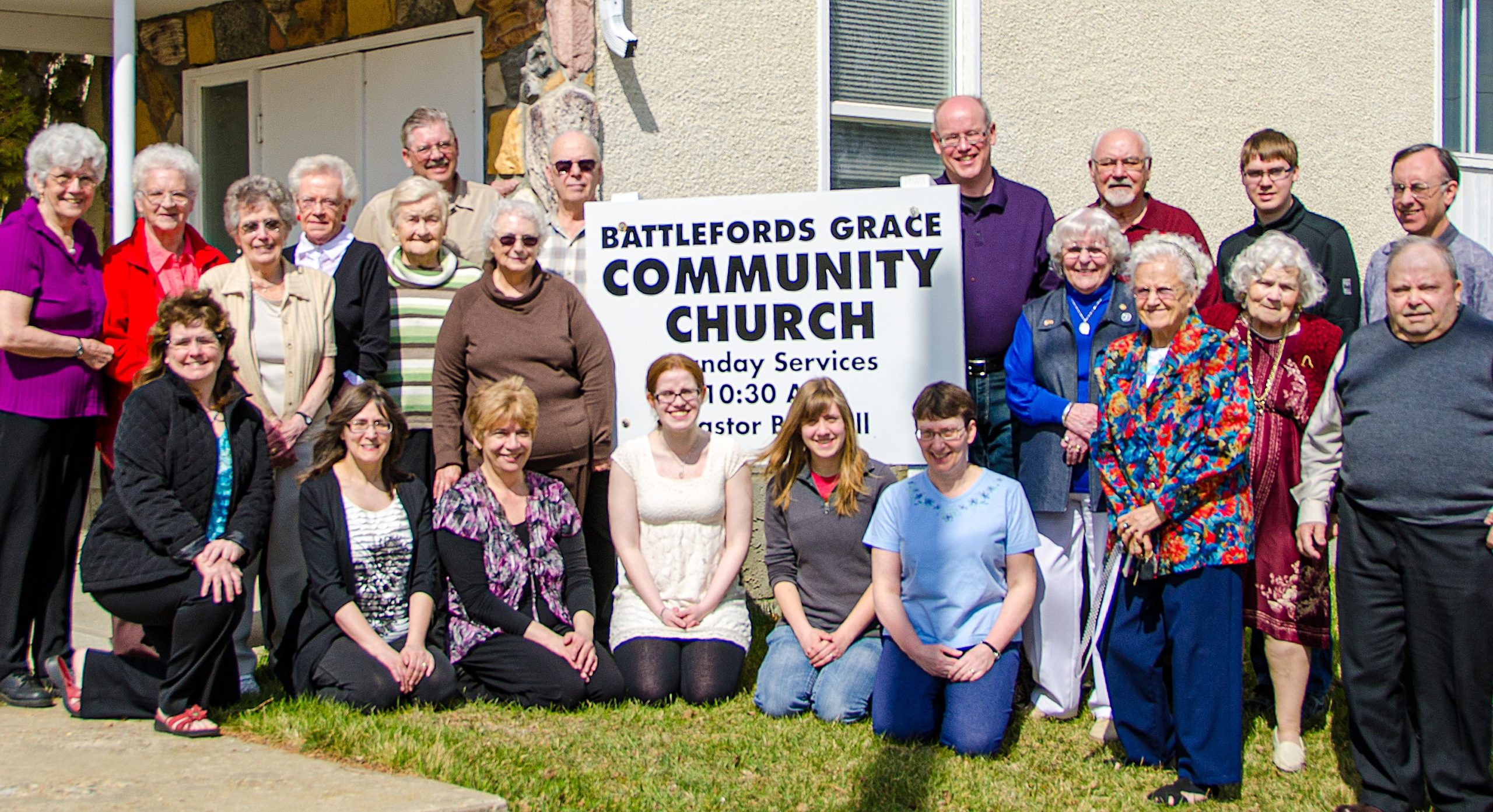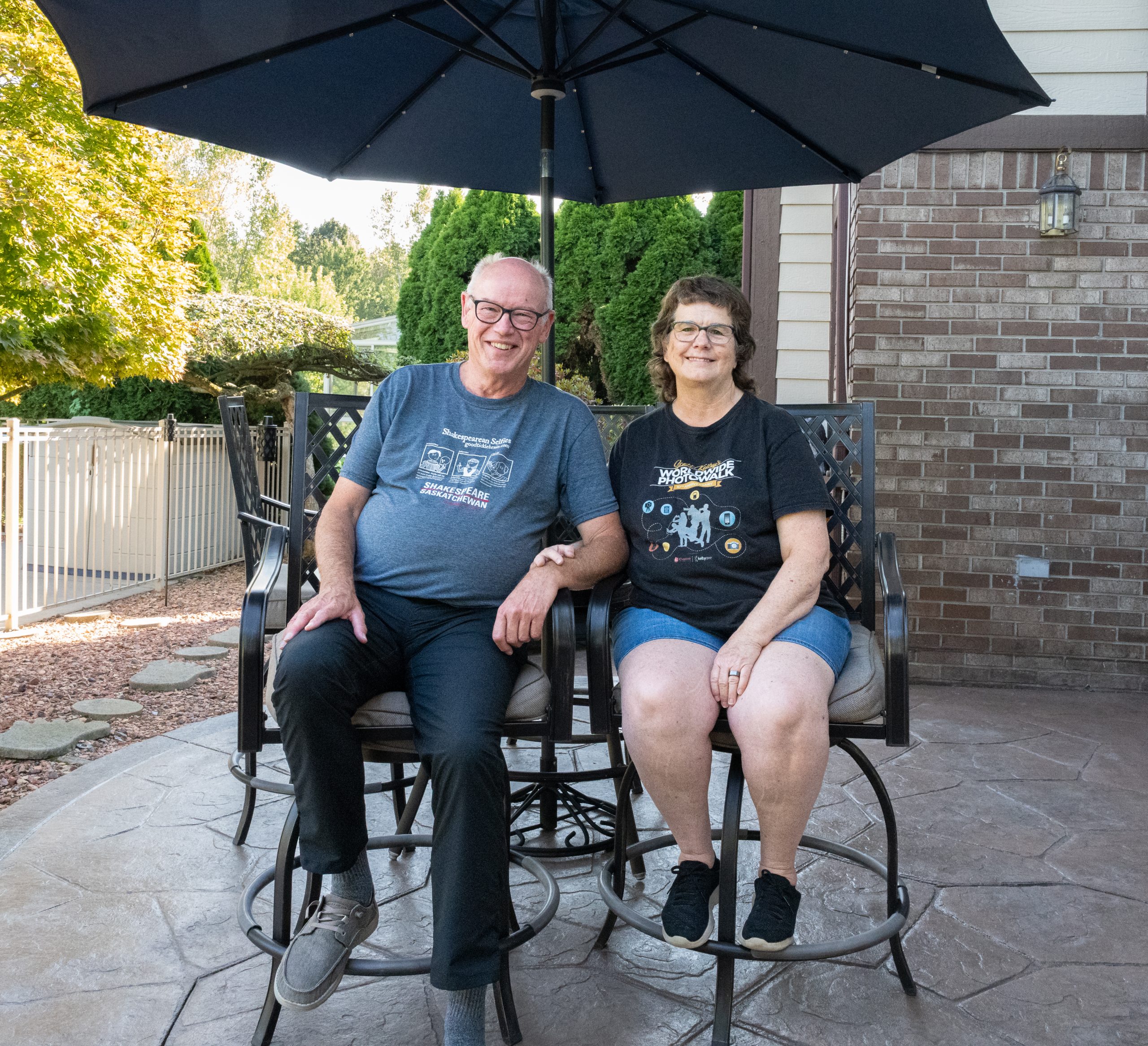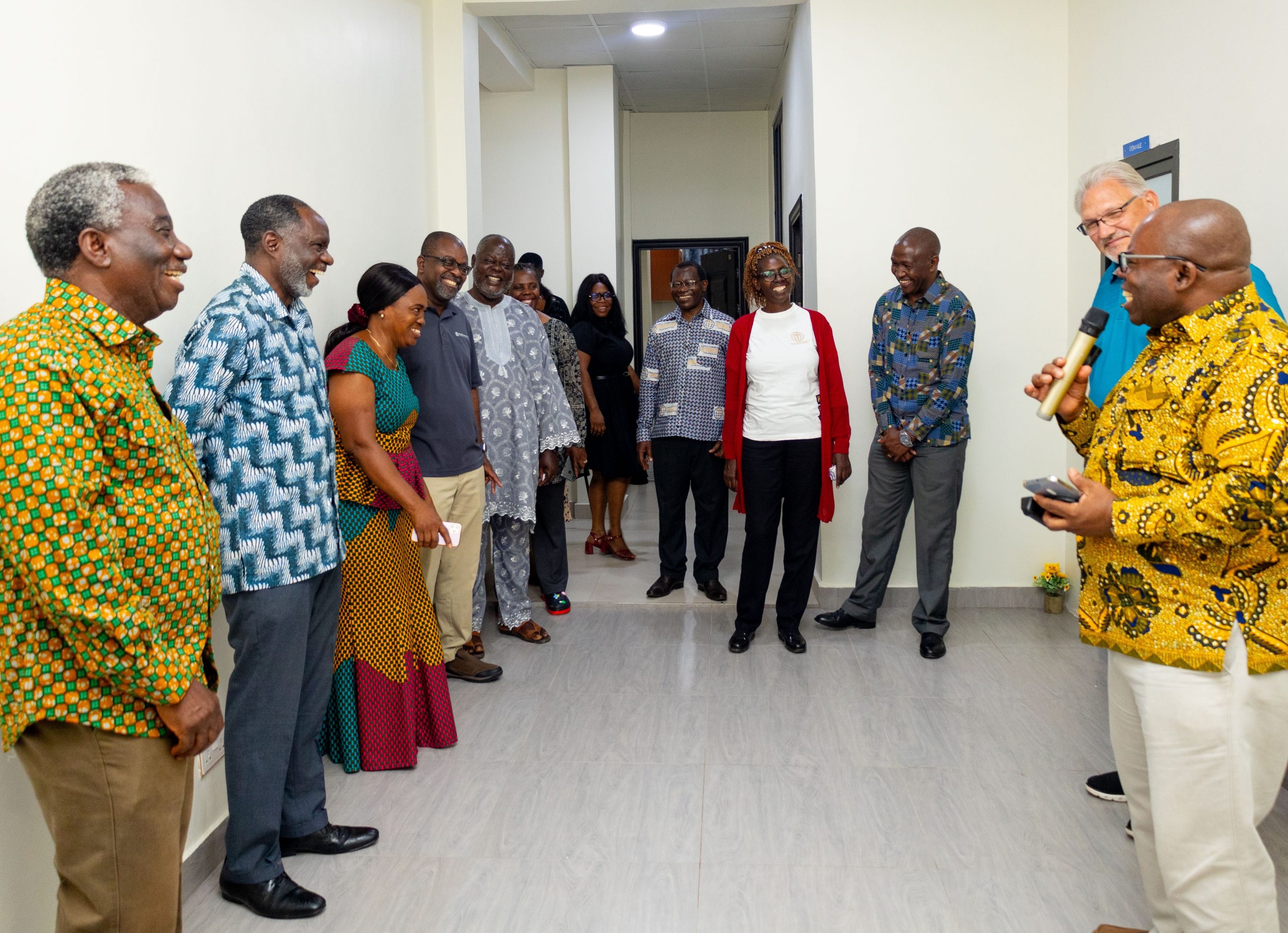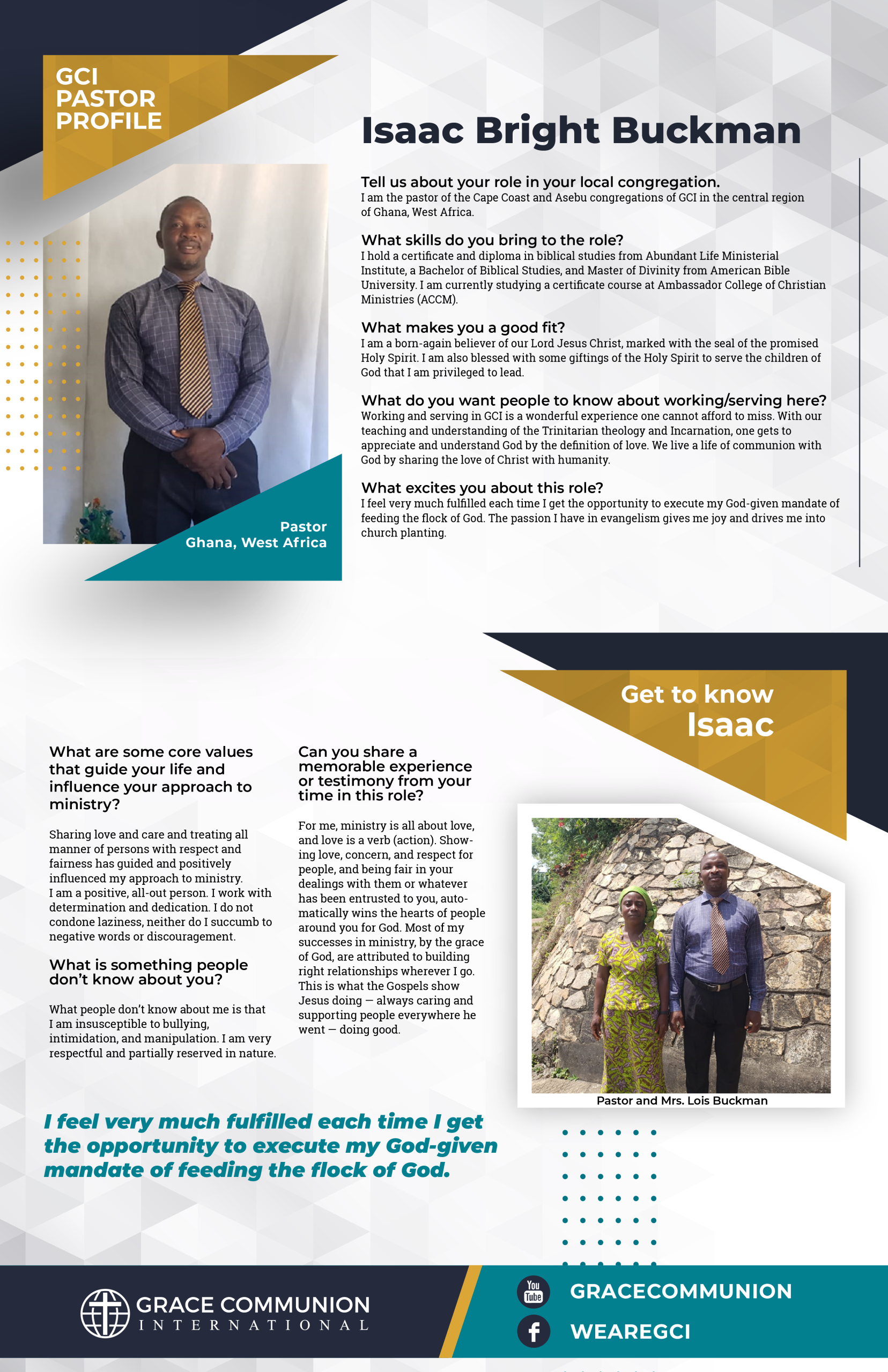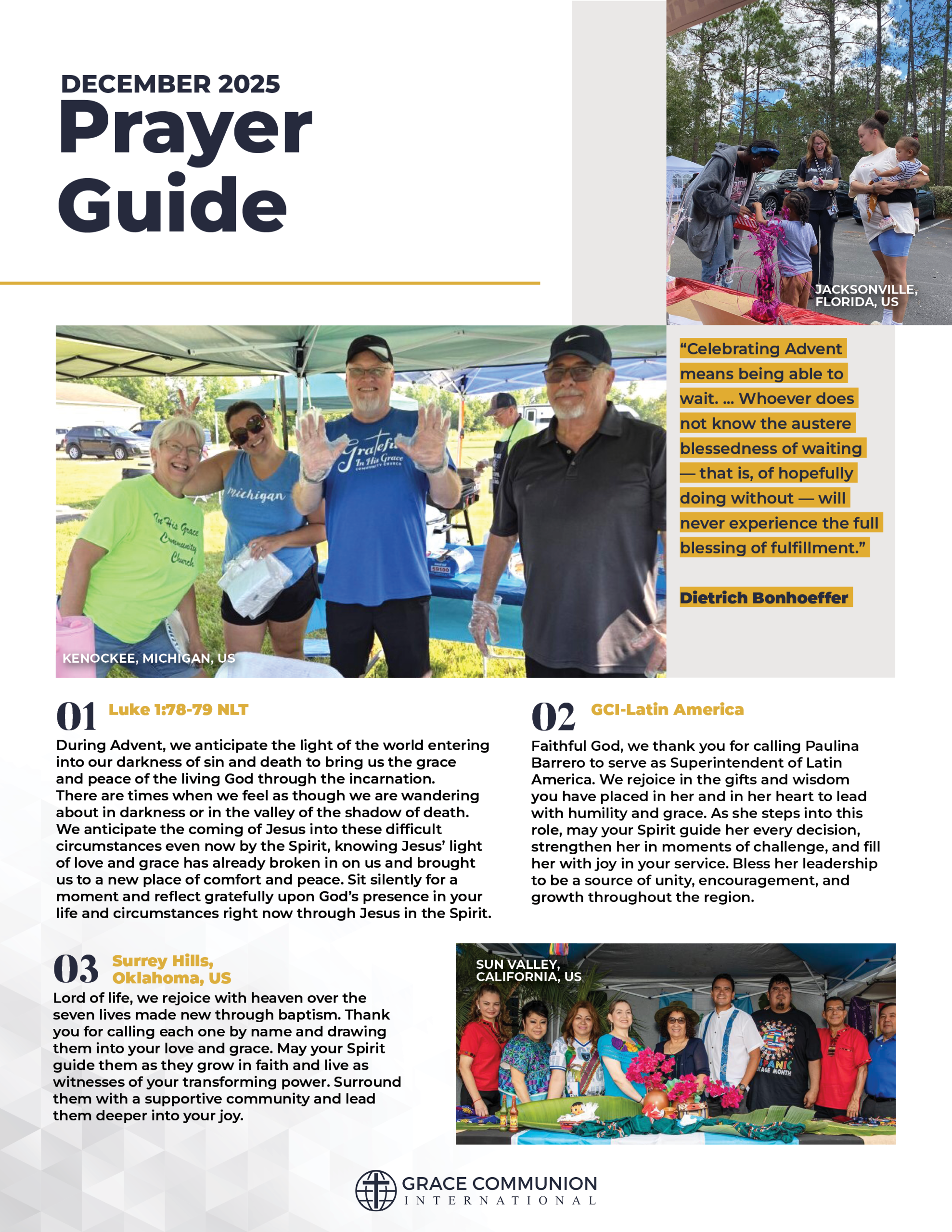Join us in honoring Rick Shallenberger, who retired in January 2025. In addition to being a regional director, Rick was also serving as the Equipper editor.
Rick and Cheryl, your faithful service and love for Jesus’ Church demonstrates your generous and kind hearts. We are very grateful to you both.
We asked Rick to tell us about his journey.
 I have had a rich experience in Grace Communion International. I retired as a regional director, but it was only one of the many hats I’ve worn over the 40+ years of ministry. These hats include initially working with youth ministry as a coach, teacher, and mentor, then working full time for GCI as a writer and editor of most of the publications we’ve produced over the years. I served as an elder in Evansville, Indiana when I was called to pastoral ministry. I had always desired to pastor, but I heard the specific call at a Promise Keeper’s conference in Knoxville, TN. As we were leaving, the three pastors I was with asked me if I heard the calling. All three of them were convicted God wanted me in pastoral ministry. Talk about immediate affirmation.
I have had a rich experience in Grace Communion International. I retired as a regional director, but it was only one of the many hats I’ve worn over the 40+ years of ministry. These hats include initially working with youth ministry as a coach, teacher, and mentor, then working full time for GCI as a writer and editor of most of the publications we’ve produced over the years. I served as an elder in Evansville, Indiana when I was called to pastoral ministry. I had always desired to pastor, but I heard the specific call at a Promise Keeper’s conference in Knoxville, TN. As we were leaving, the three pastors I was with asked me if I heard the calling. All three of them were convicted God wanted me in pastoral ministry. Talk about immediate affirmation.
I served as pastor for six different congregations before being asked to serve as regional director and assistant to our current GCI President. All of these hats/responsibilities came with challenges (which I loved to face for the most part) and numerous blessings. My wife and I have friends all around the world because of the opportunities we’ve had to travel, and I’ve had to teach and train. Looking back, I see very little I would change as I believe I’ve been richly blessed. My goal has always been to help others see the truth about who Jesus is, who they are in him, and to help them live in their true identity as the beloved of Father, Son, and Spirit. I know God directed that vision, and I have full confidence he helped me fulfill that vision. And though I was the employed one, my wife is better at sharing that vision than I am. She has the gift of nurturing others in ways that simply amaze me.
I am now in a new chapter of life, known as retirement, and when Cheryl retires, we don’t see that our mission will change. We currently host a small group where we continue to share the truth about who God is and who we are in him.
Retirement has given me new opportunities I am looking forward to exploring. This spring I had a workshop built so I can learn new woodworking skills. I’m still setting it up for efficiency. I’ve done quite a bit of remodeling in most of the homes we’ve owned – basic construction – but now I want to learn more detailed woodworking. My first project was a set of chairs (pictured below).
Once Cheryl retires, besides spending a lot more time with our grandchildren, we plan to travel, build up our garden, and look for new opportunities to expand our horizons. Cheryl wants to take up piano again; I am currently studying Italian for a future trip, and we want to tour this country we live in. We’d like to visit all the national parks and simply enjoy time together enjoying God’s creation.






